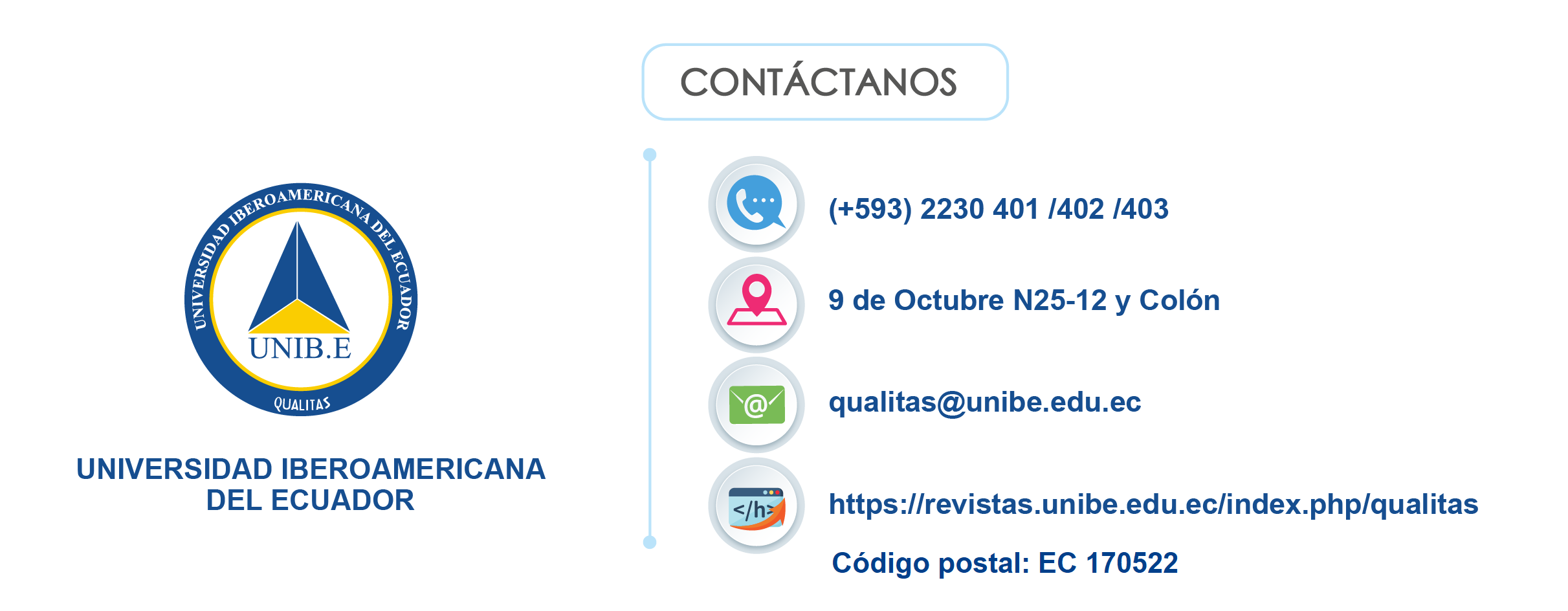Reality and challenges of qualitative research in education
DOI:
https://doi.org/10.55867/qual23.06Keywords:
Qualitative research, Educational investigation, Research traditionsAbstract
Education is a complex and changing reality with interactions and feedback, this makes educational research become a human process of agreement and disagreement. This situation leads to interwoven problem emergencies that lead to the construction of new images of educational praxis. This approach allows to affirm the existence of a diversity of research settings, annihilating the myth of unique and definitive methods. Because of this, qualitative research regains meaning. Precisely this study's fundamental purpose is to understand the qualitative investigative dynamics developed in the promotion work of the professors of the Education Program of the Francisco de Miranda National Experimental University from 2015 to 2019. It was developed with a qualitative approach, using the method Grounded theory and in-depth interview and document analysis techniques. 125 promotion jobs and 21 teachers were assumed as an observable reference. The findings include the existence of an academic training policy in the research area; timidity in the approach to qualitative research, presenting with greater emphasis the comprehensive-hermeneutic zone with the traditions: grounded theory, phenomenology, ethnography, action research and discourse analysis; Ten (10) research areas emerged with a preponderance of didactics. Among the conclusions is that qualitative research in education is a possibility with different epistemological and methodological perspectives, without pretending to be hegemonic. Thus, it allows the approach of non-traditional educational scenarios with processes of interaction and dialogue, emerging different research regions.
Downloads
References
Caballero, A. (2014). Metodología integral innovadora para planes y tesis. La metodología del cómo formularlos. México: Cengage learning. https://www.grupoases.pe/libros/4.pdf
Castoriadis, C. (1983). La institución imagianria de la sociedad. Marxismo y teoría revolucionaria. Barcelona: Tus Quest editores. http://www.terras.edu.ar/biblioteca/16/16TUT_Castoriadis_Unidad_2.pdf
Coello, Y. (2010). Innovación curricular en las Universidades Experimentales de Venezuela. Tesis Doctoral. Caracas: Universiad Nacional Experimental Politécnica de la Fuerza Armada Nacional.
Denzin, N. K. (2017). Critical Qualitative Inquiry. Qualitative Inquiry , 23 (1), 8-16. https://journals.sagepub.com/doi/10.1177/1077800416681864
Echevarría, H. (2017). Los fundamentos epistemológicos de los métodos mixtos. Revista Cronía , 17 (13), 10-18. http://www2.hum.unrc.edu.ar/ojs/index.php/cronia/article/view/638
Feyerabend, P. (2000). Tratado contra el Método: Esquema para una teoría anarquista del conocimiento. Madrid: Tecnos. https://monoskop.org/images/3/3f/Feyerabend_Paul_Tratado_contra_el_metodo.pdf
Guba, E. y Lincoln, Y. (1994). Competing pardigms in qualitative research. Sage: Thousand Oaks. CA. https://eclass.uoa.gr/modules/document/file.php/PPP356/Guba%20%26%20Lincoln%201994.pdf
Habermas, J. (1982). Conocimiento e interés. Madrid: Taurus. https://mobiroderic.uv.es/bitstream/handle/10550/58021/habermas%20y%20husserl.pdf?sequence=1&isAllowed=y
Habermas, J. (1989). El discurso filosófico de la modernidad. España: Magisterio. Colección Seminarium.
Lemos, S., & Navarro, A. (2018). El uso de entrevistas en entornos virtuales. Documento de Cátedra: 104, Universidad de Buenos Aires, Buenos Aires. https://www.academia.edu/37541268/Lemos_S._y_Navarro_A._2018_El_Uso_de_entrevistas_en_entornos_virtuales.pdf
Loayza, E. (2020). La investigación cualitativa en Ciencias Humanas y Educación. Criterios para elaborar artículos científicos. Educare et Comunicare , 8 (2), 56-66. https://www.aacademica.org/edward.faustino.loayza.maturrano/16.pdf
Maturana, H. (2013). Configuraciones. Santiago de Chile: Instituto Matriztica.
Ortiz. (2015). Proyecto de investigación MODEPED: identificación, caracterización y elaboración del modelo pedagógico de las instituciones públicas del Caribe colombiano. Santa Marta: Universidad del Magdalena.
Ortiz, A. (2019). Psicología, educación y ciencia. Bogotá: Ediciones de la U.
Perez, A. (2006). Producir conocimiento en el campo de la educación. Modelos y paradigmas para pensar la investigación. Caracas: Santillana.
Tinoco, N; Cajas, M. & Santos, O. (2018). Diseño de investigación cualitativa. En C. &. Escudero, Técnicas y métodos cualitativos para la investigación científica (págs. 42-56). Machala, Ecudaor: UTMACH. http://repositorio.utmachala.edu.ec/bitstream/48000/12501/1/Tecnicas-y-MetodoscualitativosParaInvestigacionCientifica.pdf
Vasilachis, I. (2007). Métodos cualitativos. Buenos Aires: Centro Editor de América Latina.
Published
How to Cite
Issue
Section
License
Copyright (c) 2021 Ph.D. Yovanny Coello

This work is licensed under a Creative Commons Attribution 4.0 International License.



















